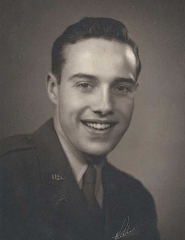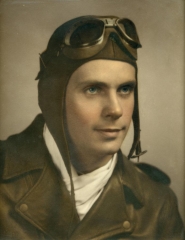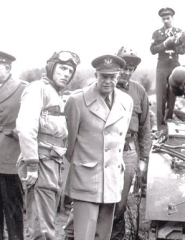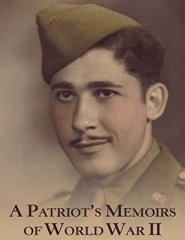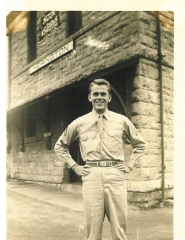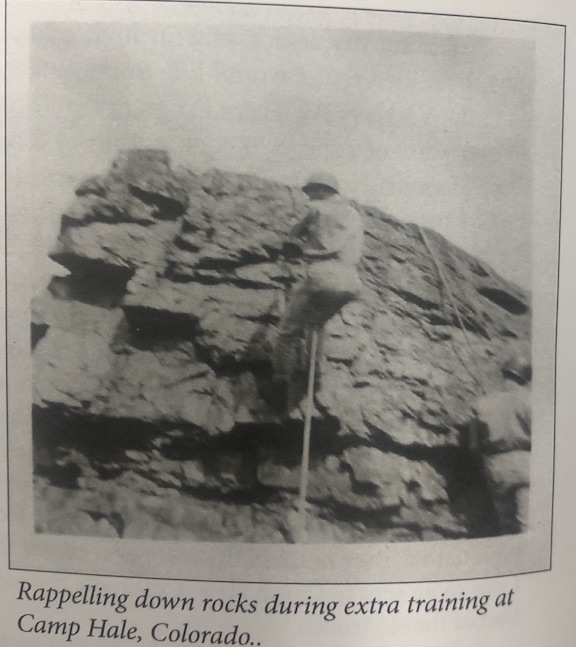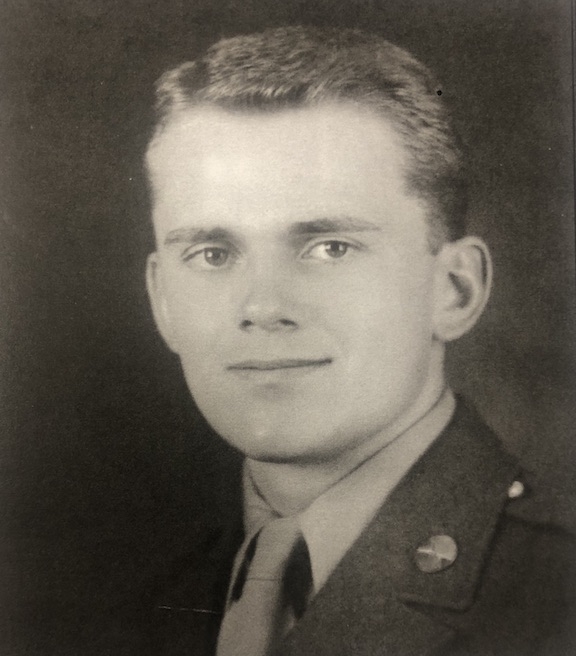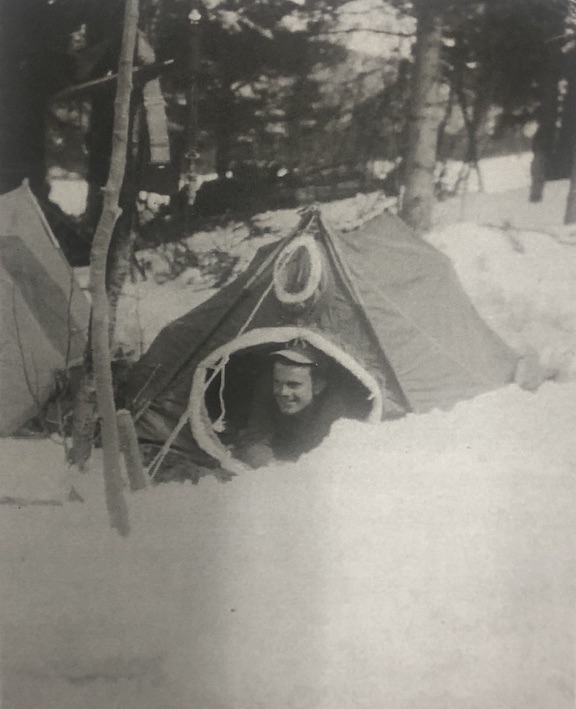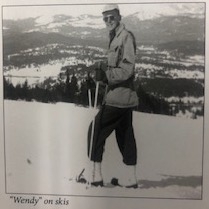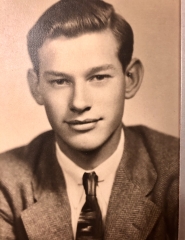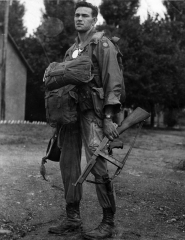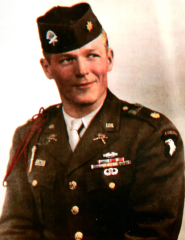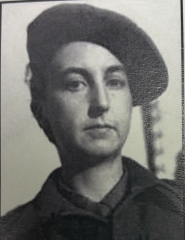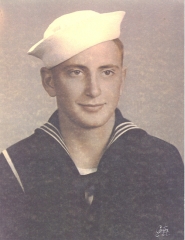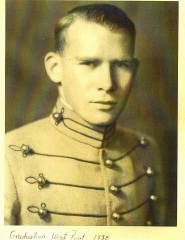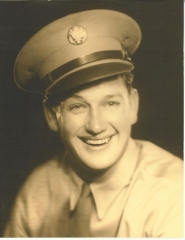Image
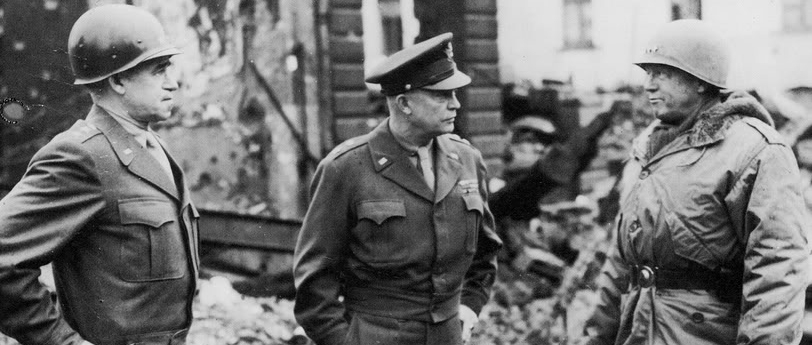
Image
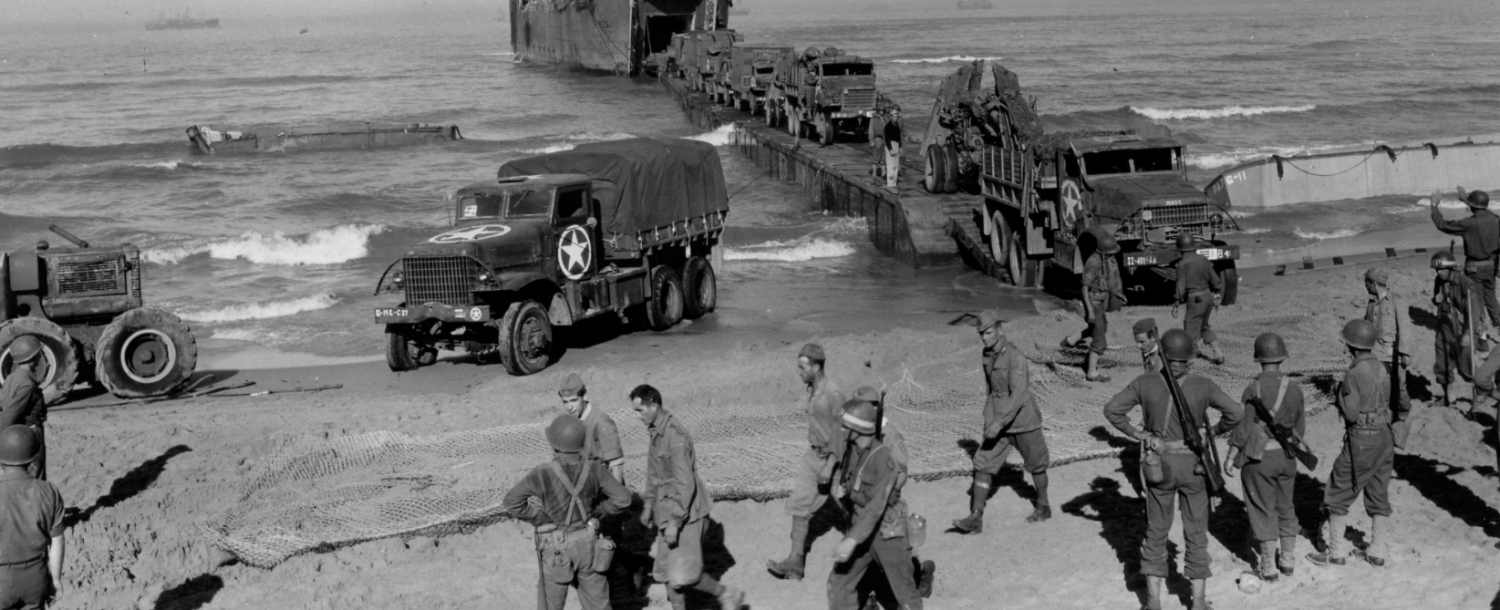
Image
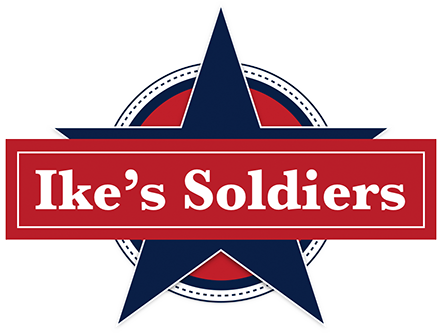
Stories from the Greatest Generation
Image
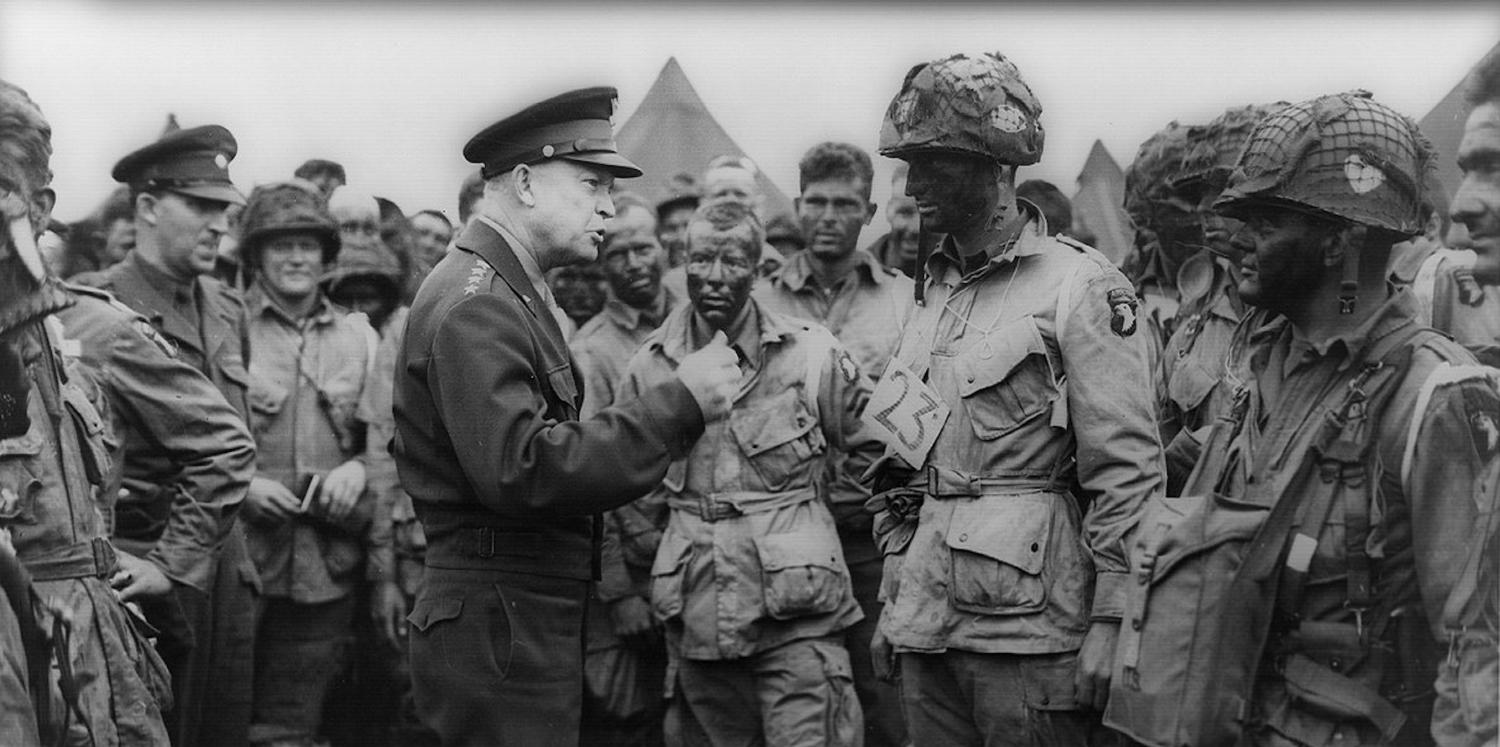
Image

A Virtual World War II Honor Roll
empty
empty e. empty empty
empty
EMPTY
E.
EMPTY
EMPTY
Jan 1, 2000 - Jan 1, 2000
BIRTHPLACE: empty
SOLDIER DETAILS
HIGHEST RANK: empty
DIVISION: empty,
empty
THEATER OF OPERATION: empty
SERVED: Jan 1, 2000 -
DISCHARGED: Jan 1, 2000
BATTLE: empty
MILITARY HONORS: empty
HONORED BY: empty
VIDEOS
empty
BIOGRAPHY
empty
empty
empty
empty e. empty empty
empty
EMPTY
E.
EMPTY
EMPTY
Jan 1, 2000 - Jan 1, 2000
BIRTHPLACE: empty
SOLDIER DETAILS
HIGHEST RANK: empty
DIVISION: empty,
empty
THEATER OF OPERATION: empty
SERVED: Jan 1, 2000 -
DISCHARGED: Jan 1, 2000
BATTLE: empty
MILITARY HONORS: empty
HONORED BY: empty
VIDEOS
empty
BIOGRAPHY
empty
empty
The mission of Ike's Soldiers is to honor Dwight D. Eisenhower's legacy through the personal accounts of the soldiers he led and share them with the world.
Image
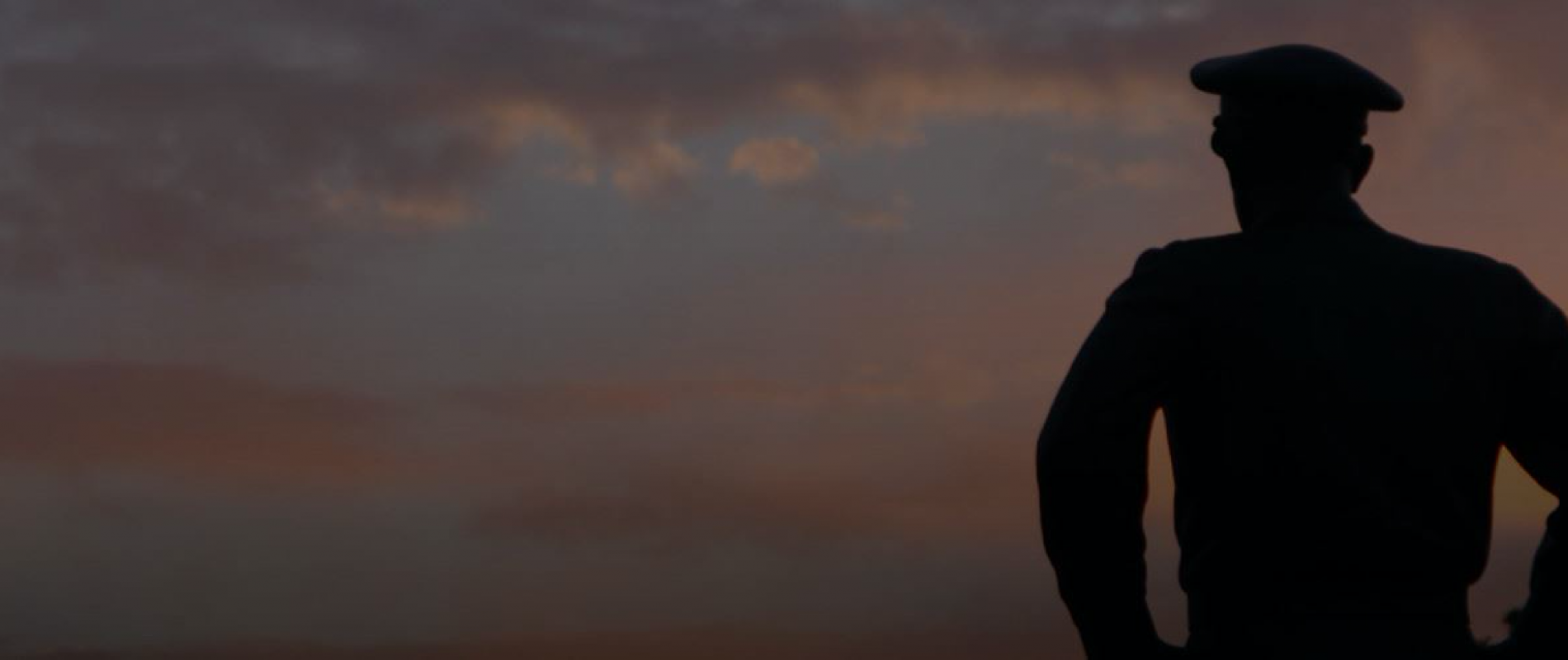
"Humility must always be the portion of any man who receives acclaim earned in blood of his followers and sacrifices of his friends."
Image

Guildhall Address, London, June 12, 1945
 Eisenhower Foundation
Eisenhower Foundation
